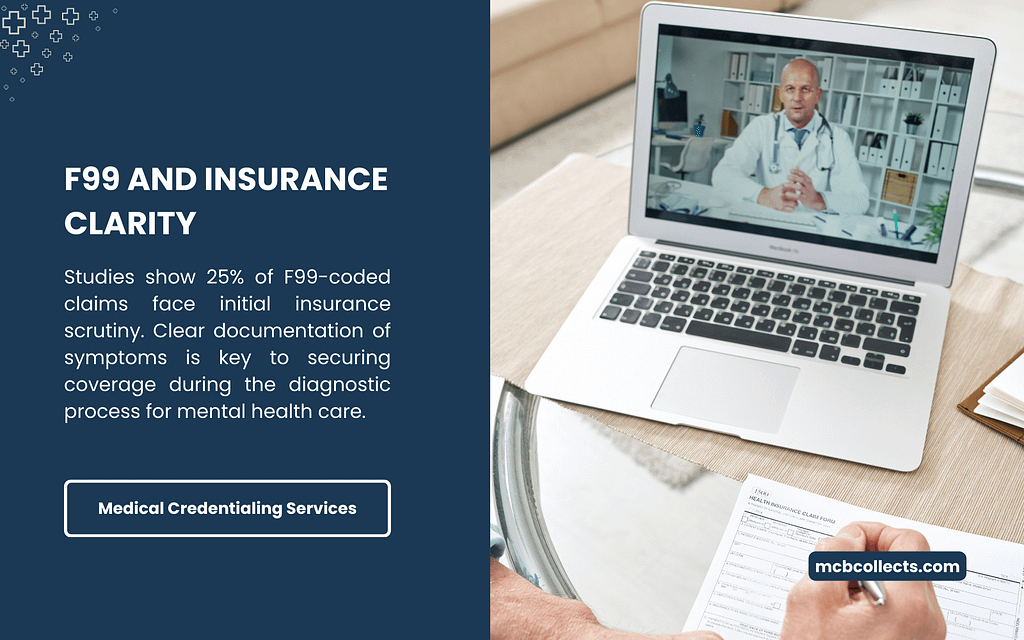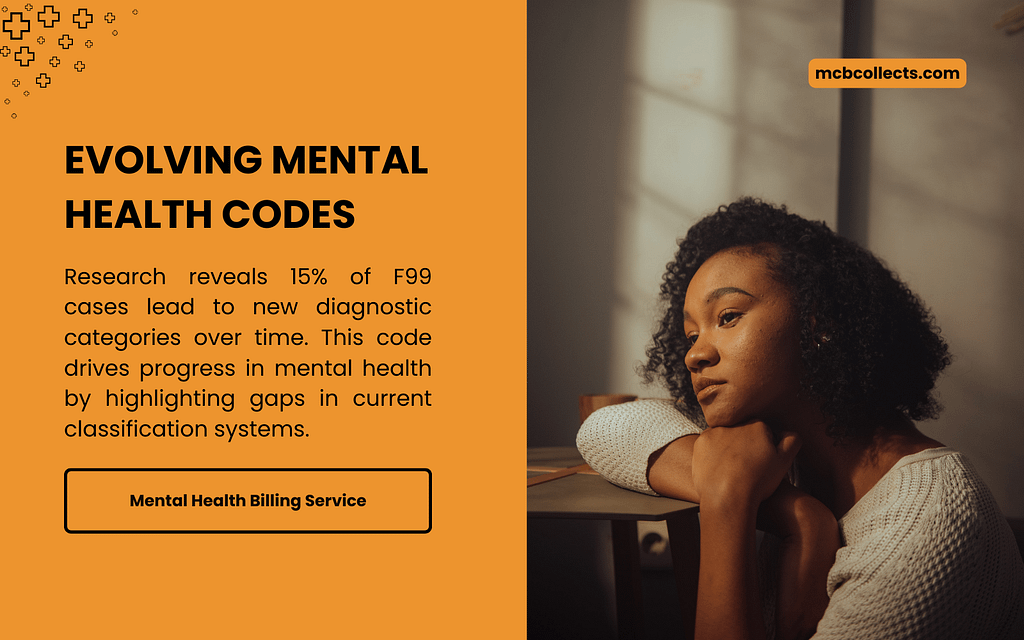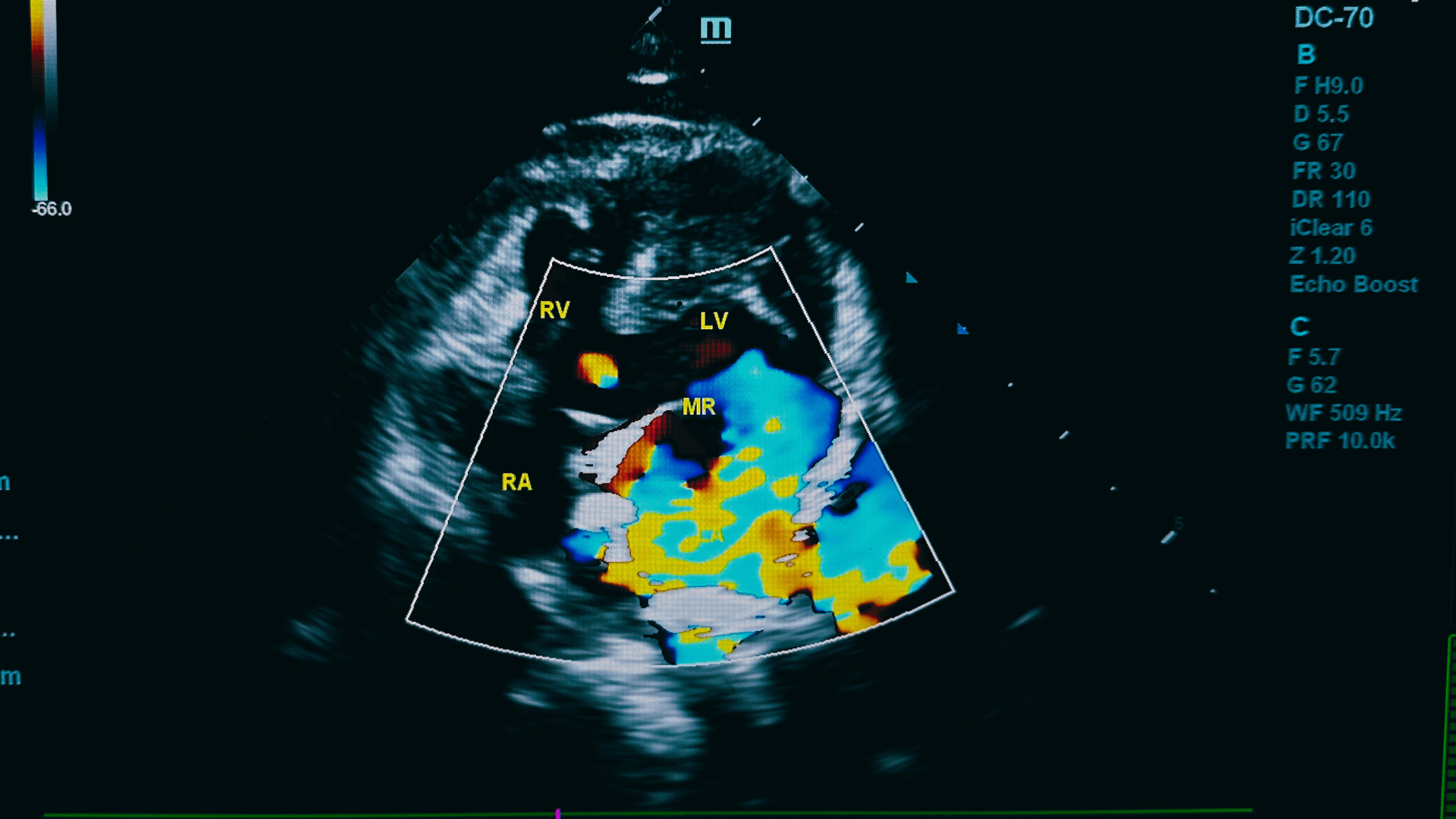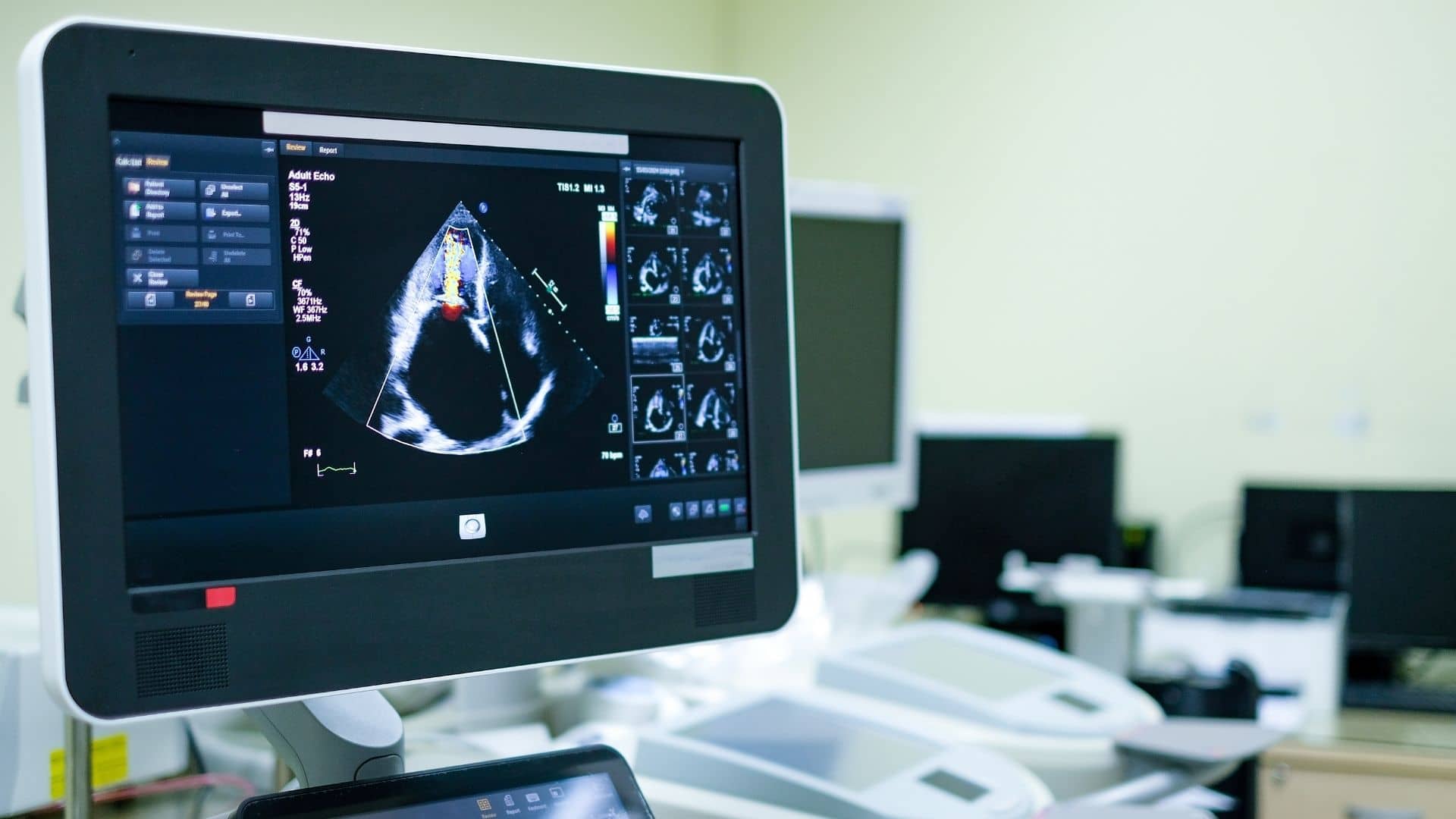F99 diagnosis code is an important but often misunderstood classification in the mental health field. Therefore, in the rest of this blog, we’ll explore what the F99 diagnosis code means, when healthcare providers use it, and what it might mean for you as a patient or healthcare provider.
With mental health awareness becoming increasingly important in our society, recognizing all the ICD-10 codes for mental health is more relevant than ever.
What is the F99 Diagnosis Code?
The F99 diagnosis code falls under the ICD-10 (International Classification of Diseases, 10th edition) coding system used by healthcare providers worldwide. Specifically, F99 is classified as “Mental disorder, not otherwise specified”. Within the mental and behavioral disorders chapter (F00-F99), this code sits at the very end as a catch-all category.

In simple terms, the F99 diagnosis code is used when a mental health condition is clearly present, but the available information doesn’t allow for a more specific diagnosis. Think of it as a temporary placeholder that acknowledges the presence of mental health symptoms without committing to a specific classification.
When is the F99 Diagnosis Code Used?
Healthcare providers might use the F99 diagnosis code in many situations:
- Initial assessment: When a patient first presents with mental health symptoms but further evaluation is needed before a specific diagnosis can be made.
- Complex presentations: When symptoms overlap multiple diagnostic categories, making a definitive diagnosis challenging.
- Limited information: When there isn’t enough clinical information available to make a more specific diagnosis.
- Transitional periods: During treatment when a previous diagnosis is being reconsidered but a new one hasn’t been firmly established.
It’s important to understand that the F99 code isn’t meant to be a permanent diagnosis. Rather, it’s typically a stepping stone toward a more specific classification once more information becomes available.
The Importance of Diagnostic Precision vs. Flexibility
There’s always a balance between diagnostic precision and flexibility. The F99 diagnosis code represents this balance in action.
On one hand, precise diagnosis is important for:
- Guiding appropriate treatment approaches
- Facilitating communication between healthcare providers
- Enabling research on specific conditions
- Qualifying for insurance coverage and benefits

On the other hand, flexibility in diagnosis allows for:
- Recognition of symptoms that don’t fit neatly into established categories
- Time to gather more information without rushing to a potentially incorrect diagnosis
- Acknowledgment of the complex, often overlapping nature of mental health conditions
- Evolving understanding as treatment progresses
The F99 diagnosis code provides healthcare professionals with that necessary flexibility while still acknowledging the presence of a mental health condition that requires attention.
What Does an F99 Diagnosis Mean for Patients?
If you’ve been given an F99 diagnosis code, you might wonder what it means for your care. Here are some important things to know:
It’s not a dismissal of your symptoms
An F99 code doesn’t mean your provider doesn’t believe your symptoms or doesn’t take them seriously. On the contrary, it acknowledges that something significant is happening that requires attention and care.
It’s likely temporary
In most cases, an F99 diagnosis is a starting point, not an endpoint. As you continue working with your healthcare provider, more specific patterns may emerge that lead to a more defined diagnosis.
Treatment can still proceed
Even without a specific diagnosis, your provider can still recommend treatments for the symptoms you’re experiencing. Many therapeutic approaches are effective across various mental health conditions.
It invites collaboration
An F99 diagnosis often invites a collaborative approach between you and your healthcare provider. Your insights about your experiences are particularly valuable when the clinical picture isn’t yet clear.
The Broader Implications of the F99 Diagnosis Code
The F99 diagnosis code also has broader implications for our understanding of mental health:
Recognition of diagnostic limitations
The very existence of the F99 code acknowledges that our current diagnostic systems have limitations. Mental health conditions don’t always present in textbook ways, and sometimes our categorical systems fall short.
The nature of mental health understanding
Mental health classification is an evolving field. What might be classified as F99 today could become a recognized specific condition in the future as our understanding grows.
The individuality of mental health experiences
Each person’s mental health journey is unique. The F99 code recognizes that some experiences don’t fit neatly into established categories but still deserve attention and care.
When to Seek Clarification About an F99 Diagnosis
If you’ve been given an F99 diagnosis code, here are some questions you might want to ask your healthcare provider:
- What symptoms or concerns led to this diagnosis?
- What additional information might help clarify my diagnosis?
- What’s the plan for refining this diagnosis over time?
- How will this diagnosis affect my treatment options?
- Will this diagnosis impact my insurance coverage?

Conclusion
The F99 diagnosis code serves an important purpose in mental health care by acknowledging conditions that don’t yet fit into more specific categories. While it may seem frustratingly vague at first glance, it represents healthcare providers’ commitment to recognizing symptoms without forcing them into potentially inaccurate categories.
If you’ve encountered the F99 diagnosis code in your own healthcare journey, remember that it’s likely a starting point for a deeper understanding of your specific situation. By working collaboratively with your healthcare provider and sharing your experiences openly, you can help move toward a more precise understanding of your mental health needs.
Mental health diagnosis is hard. The F99 diagnosis code reminds us that sometimes, acknowledging uncertainty is an important part of the diagnostic process. What matters most is that your symptoms are being taken seriously and that you’re receiving appropriate care, regardless of the specific code attached to your experience.











